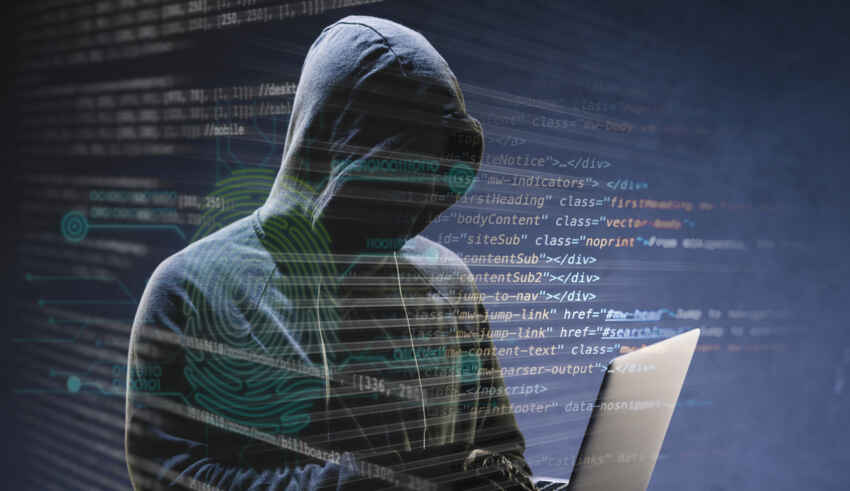
With the rapid evolution of digitalization among governments, the greater are the cybersecurity risks associated with classified diplomatic information. As inter connectivity becomes more available, there is increased susceptibility to hacking or cyber-criminal gangs online. There should be strict security placed in order to protect important security data and the government officials should act quickly prior to critical breaks, which compromise trust based international relations.
This represents serious challenges and grave concerns with regards to diplomatic cybersecurity. There was recently a probe that revealed more than one hundred diplomatic cables of a high priority released from a major state department all over the internet in an unorganized way and available for download after simple search on google. In some countries as well, the matter of highly charged border disputes became an open secret as such confidential correspondence as letters addressed to an official turned into a common knowledge.
Probably, these cases are just protruding tips of more fundamental dangers involved in hasty digital transformation of diplomacy world over. This enormous vulnerability surface must wake up any contentment. A Microsoft survey conducted in Europe suggests that roughly 80% of schools and governments do not have an email protection mechanism such as multifactor authentication, encrypted data, or incident response plan- it is obvious that diplomats are no exceptions. Commercial malware which costs less than $100 would help adversaries gain entrance into a network where they can freely exploit countless wires talking about negotiations, intelligence, military operations, or other sensitive matters. Such intrusions could incur unmeasurable diplomatic loss that could stifle crucial global collaboration.
There are so many challenges involved in each country in protecting sensitive diplomatic data, however, these challenges may vary from one country to another. One of the challenges is that recent investigations have revealed that it is possible to find out some confidential documents including foreign diplomatic cables just by doing a simple web search. The inadequacy of encryption systems for communication via digital means is revealed, and this implies that the obtained data could be used by hackers.
Although some institutions are adopting the isolationist attitude towards cyber security, it is ineffective against borderless threats on cyberspace. To safeguard sensitive diplomatic information, a collaborative and transnational approach is critical. The United Nation is one good channel that could establish the standard behaviours of states as they conduct their business in cyberspace. Steps such as the formation of international coalitions for sharing information, joint cyber exercise, and creating collective reaction mechanisms towards combating cyber security attacks.
Technological development has been good in improving diplomatic communication but also has provided room for more cyber threats. Intentional or unintentional insider threats comprise a serious danger to the security of diplomatic data. Despite this, there will always continue to be some weaknesses in the security chain especially where it comes into contact with people who can potentially turn themselves into unintended accomplices for cyber adversaries as they have direct access points into those systems storing sensitive and private information. Diplomats are particularly receptive to social engineering tricks like phishing and impersonating. Such tactics exploit human weaknesses and can be used for the purposes of manipulating diplomats, thus weakening the security of diplomatic communications.
In conclusion, with the continuous growth of technology and global communication, it is important to invest and protect diplomatic sensitive data from any threats and challenges. These challenges can be considered complex and involve technological weaknesses as well as human-involved weaknesses. Nation states should adopt an entire system that combines modern technology, strong cyber protection, and cooperation with other countries to safeguard their diplomatic communications.
By The European Institute for International Law and International Relations
References
Kertysova, K., Frinking, E., van den Dool, K., Maričić, A., & Bhattacharyya, K. (2018). Cybersecurity: Ensuring awareness and resilience of the private sector across Europe in face of mounting cyber risks-Study. European Economic and Social Committee: Bruxelles, Belgium.















